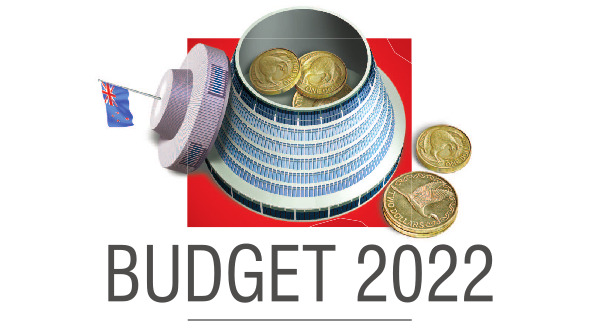
Zoe Hobson, chief executive of Runaway Play, the city’s largest gaming studio, said it was "fantastic" to see the Government had listened and engaged with the sector.
Pressure has been on the Government after tax breaks were introduced in Australia last year. The New Zealand Game Developers Association has repeatedly pleaded to the Government to respond urgently or lose companies and more talent across the Tasman.
Yesterday, Ms Hobson said conversations among studio managers suggested there had been a "relatively steady stream" heading to Australia.
"Hopefully, with this rebate coming in, it’ll help New Zealand’s businesses to be able to compete better against what’s being offered in Australia."
While New Zealand did not have quite the same offering as Australia, it would still be very helpful for businesses.
It was great to see the entry level for the rebate was lower, which meant some smaller studios would be eligible, she said.
Digital Economy Minister Ginny Andersen said the country’s gaming sector was rapidly growing and a strong contributor to New Zealand’s GDP, bringing in more than $400million in revenue last year.
The rebate would be available for game development studios which qualified and met the minimum $250,000 expenditure threshold per year, she said.
Individual studios would be able to receive up to $3million per year in rebate funding and the scheme would be backdated to April 1 this year.
“The rebate will help attract and retain gaming studios to operate in New Zealand and provide a long-term incentive to build their business here."

Its central element was a 30% tax break called the digital games tax offset, and gaming companies in Victoria, New South Wales, Queensland and South Australia get an additional 10% rebate.
Growth in Dunedin’s gaming scene, since the Centre of Digital Excellence (CODE) was set up in 2019, has been huge.
Chief executive Tim Ponting said the atmosphere in the industry yesterday afternoon was "incredibly positive".
The industry had been lobbying for a long time "with very good reason". It was not a gift it had been looking for, but it had been brought on to the same playing field as many, if not most, other countries.
He was particularly grateful given the very tight Budget and the cyclone impact in the North Island.
The Australian incentives were complicated and what had been announced in the Budget was simpler, neater and would be quicker to be established.
Coming off a call from MBIE yesterday afternoon, he said he had been assured it would be up and running in this financial year. The entry threshold meant it neatly sat to encompass studios which had been part of the CODE system, he said.
New Zealand Game Developers Association chairwoman Chelsea Rapp told The New Zealand Herald she was "elated" with the Budget announcement.
"It’s such a relief to see that the Government heard our concerns and made real steps to support an industry that was on the edge of disaster. This will mean that our studios will be able to continue to grow, to compete on a level playing field with the rest of the world and to become one of New Zealand’s most productive sectors.”
Business South chief executive Mike Collins said it was great the Government had addressed the cost of living crisis but, at the same time, that was also occurring in businesses and that had not been addressed.
He welcomed investment in infrastructure, as well as the gaming sector, and acknowledged the good support for the stricken North Island.
It was good to see research and development investment but he questioned how much of that would be focused on the regions.
Investment in apprentices was great as a large number of businesses were seeing apprenticeships as a catalyst for "plugging holes" around the workforce shortages, he said.
Finance Minister Grant Robertson will be in Dunedin next Thursday to talk about the Budget at a Westpac Smarts Series post-Budget briefing lunch at the Edgar Centre. It will be the only post-Budget briefing in Otago-Southland.












